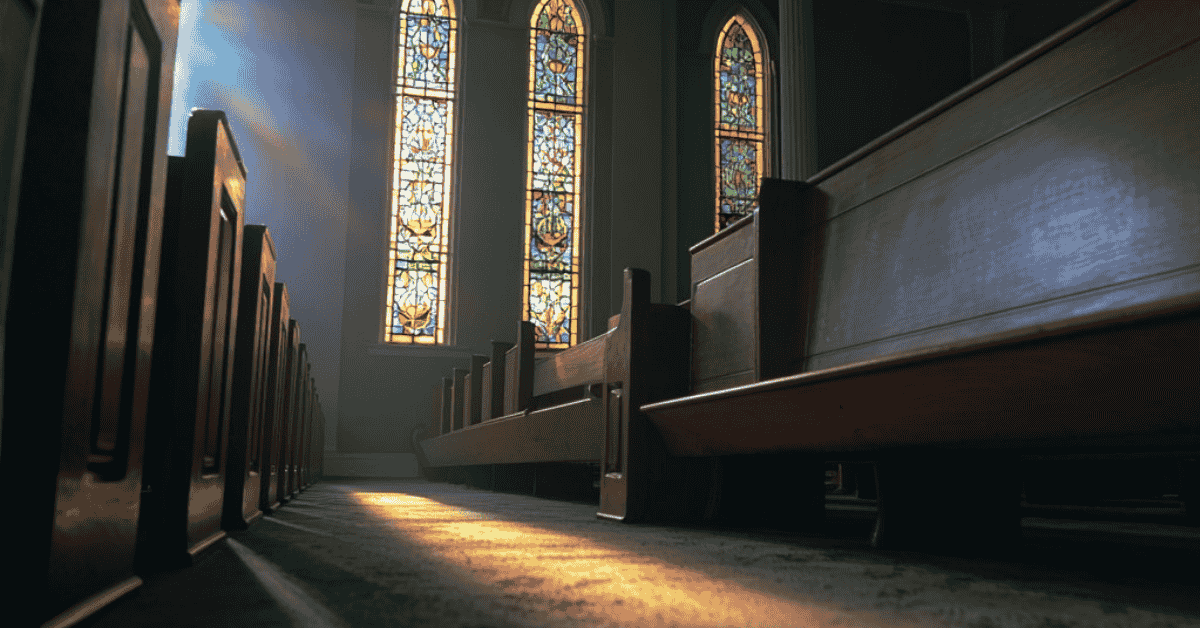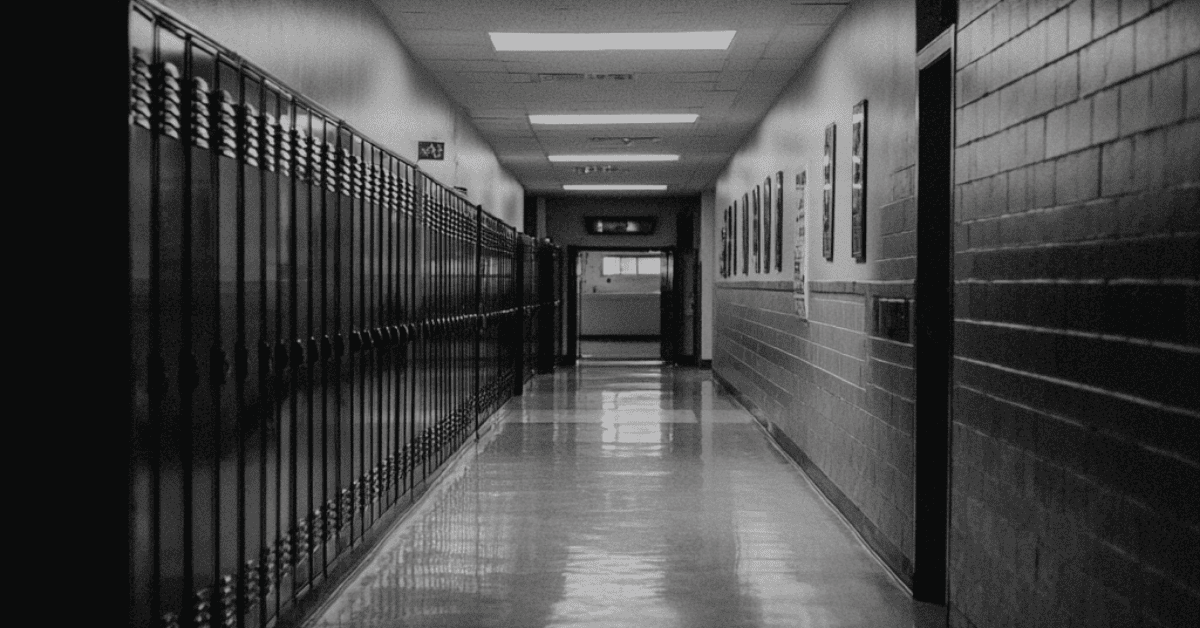When Children Disclose Sexual Abuse After Leaving a Treatment Facility: What Parents Should Know
When Kids Speak Up — Too Late for Comfort, Right on Time for Healing
No one ever expects the worst — not when they’re trying to do the right thing for their child. You placed your child in a residential treatment facility to get help, maybe for behavioral issues, trauma, or mental health challenges. You trusted professionals. You followed the advice. You hoped it would help them heal.
Then, weeks or months after they come home, they say the words you never imagined hearing:
“Something happened while I was there.”
When a child discloses sexual abuse after leaving a facility, it can feel like the floor drops out from under you. Confusion. Rage. Guilt. Disbelief. You’re not just hearing their words — you’re rewinding every memory, every decision, asking yourself: How didn’t I know?
The truth is: delayed disclosure is common. Especially among children who’ve survived sexual abuse in institutional settings like residential treatment facilities.
This doesn’t mean you failed them. It means they’re finally ready — safe enough, emotionally stable enough, loved enough — to tell the truth.
Now, your job is not to panic or punish yourself. Your job is to stand beside them. Here’s how.
Why Children Don’t Disclose Abuse Until After Leaving a Facility
You may be wondering: Why now? Why not tell me while it was happening? That’s a fair question. And the answer is layered in trauma psychology, fear, and self-preservation.
Children don’t delay disclosure because they want to lie — they delay because:
- They were threatened. Abusers often say things like, “No one will believe you,” or “You’ll get in trouble too.”
- They were afraid of retaliation. Reporting abuse while still inside the facility can trigger isolation, punishment, or worse.
- They didn’t have the words. Many young survivors literally don’t know how to describe what was done to them — especially if it was the first time.
- They doubted themselves. Children in institutional settings are often manipulated into thinking what happened wasn’t abuse.
- They were conditioned not to trust adults. Especially if abuse came from someone in authority, like a therapist or staff member.
Delayed disclosure of child sexual abuse is so common that it has a name — trauma-delayed disclosure. In fact, studies show many survivors don’t disclose until years, even decades, later.
So if your child waited until they were home — until they felt safe, heard, and away from their abuser — that makes psychological sense. Their silence was a survival strategy. Their disclosure is a cry for protection and healing.
What to Say — and Not Say — When Your Child Opens Up
There’s no script that prepares a parent for the moment their child discloses abuse. But your reaction in that moment will stay with them forever — not because it needs to be perfect, but because it needs to be safe.
Here’s what to say:
- “I believe you.”
- “I’m so sorry that happened. It’s not your fault.”
- “Thank you for telling me. That was brave.”
- “We’re going to figure this out together.”
And what not to say:
- “Why didn’t you tell me sooner?”
- “Are you sure that’s what happened?”
- “I need to go talk to them right now.” (This can make your child feel unsafe again.)
If you’re struggling with what to do next, start by grounding yourself in your child’s needs. Your instinct may be to pursue justice immediately. But your child’s emotional safety comes first — and you’ll need to move carefully to protect both.
The Ripple Effect: What Comes Next for You and Your Child
Once the shock of disclosure begins to settle, many parents go into overdrive. You want answers. You want accountability. You want to know: What now?
Start by supporting your child’s emotional needs. That could mean:
- Finding a trauma-informed therapist who specializes in child abuse recovery
- Not pressing for details unless your child wants to share more — let their therapist guide those conversations
- Keeping routines predictable and safe — trauma recovery is often about regaining a sense of control
At the same time, you may be asking: What about the facility? What about the other kids still there?
If your child was abused at a residential treatment center, there may be legal and institutional steps to take. But know this: you don’t have to figure that out alone. This is where experienced legal support becomes essential — especially when the abuse was part of a broader pattern or institutional failure.
To learn what legal steps might look like, here’s what to know if your child was sexually abused.
Your Legal Rights After a Delayed Disclosure
Late reporting doesn’t mean your child missed their chance at justice. In Arkansas, there’s no time limit on filing a civil case for child sexual abuse — not anymore. If the abuse happened when your child was still a minor, legal action may still be possible, even if years have passed.
That matters. Because when children disclose abuse after leaving a facility, they’re often still within their legal window to seek justice — or will be once they turn 18.
Parents can take action, too — especially when:
- The abuse happened while the child was underage
- The facility failed in its duty to protect or supervise
- The institution ignored red flags or tried to cover up allegations
If your family is considering legal action, your attorney may help you:
- Report the abuse to state licensing boards or regulatory bodies
- Preserve evidence, records, and timelines
- Interview other potential witnesses or victims
- File a civil lawsuit to seek damages for emotional and psychological harm
Yes, it’s overwhelming. But you don’t have to take on the entire system alone. A legal team that understands trauma and institutional abuse can walk you through each step — at your pace.
You may even have grounds to sue a youth facility for abuse — not just for what happened, but for what was allowed to happen.
Supporting Your Child’s Long-Term Recovery
Healing isn’t linear. Some days your child may want to talk. Other days they may shut down. That’s normal. Post-residential abuse disclosure support is about creating safety, not solving everything overnight.
Here’s what helps:
- Validate, don’t fix. You don’t have to have all the answers. Just believing them — and showing up — goes further than you think.
- Offer therapy, but don’t force it. Let your child have a say in who they see. Fit matters.
- Find support for yourself, too. Whether it’s therapy, a parents-of-survivors group, or just someone you trust — you need space to process your grief, guilt, and rage.
- Protect their boundaries. Some survivors need privacy. Some need to tell their story. Follow their lead.
Above all: don’t expect your child to be who they were before.
Survivors often grow up fast — but healing allows them to grow back into who they were meant to be. With therapy, patience, and support, your child can move from surviving to living. And they don’t have to do it alone.
You’re Not Alone — And Neither Is Your Child
Your child finally told the truth. It may have come late, but it came out — and now, the path forward is yours to walk together.
Delayed disclosure isn’t a failure. It’s a turning point.
You can’t undo what happened, but you can help shape what happens next: emotionally, legally, and spiritually. You can show your child what real safety looks like. What justice can feel like. What healing might one day mean.
And if you’re ready to fight for your child, know this: there are people who will fight beside you — and attorneys who understand how deep the damage runs.
Not every story ends in silence.
Some begin when someone finally says: “I believe you.”



